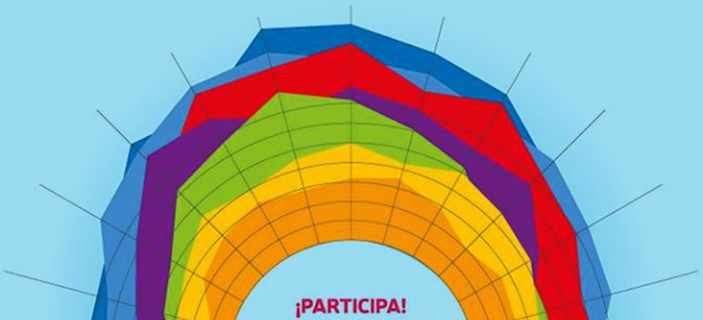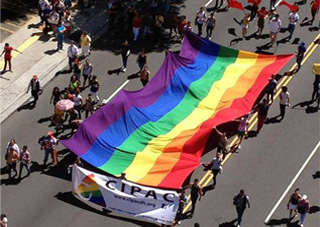The organisation Expolea from Mexico DF is planning the 1st Survey about Homophobia en Labour world which results will be published on May 17. This event is part of the actions that are planned on a global level in over 150 countries by organisations for sexual diversity, human rights and allies of the International Day against Homophobia and Transphobia (IDAHOT).
To learn more about the current situation of discrimination and homophobia in Mexico, various organizations in collaboration with the private sector presented the National Survey on Discrimination and Labor that will be done during the month of April. In recent months, mass media have disclosed several cases of unjustified dismissal towards LGBT people, however, we still do not know what is the true extent of the problem in the country.
Despite advances in legal and regulatory matters, LGBT people are still discriminated in many areas of life, as shown by several studies including the National Survey on Discrimination in Mexico Strategic Communication (COPRED, 2013).
The organizers of this initiative are Espolea and Enehache Forum in collaboration with the National Human Rights Commission. The presentation of results will be made prior to the World Day against Homophobia in order that media, civil society and the general public become aware of the situation of LGBT people at work.
It is noteworthy that most of the surveys available in Mexico on discrimination and homo / lesbo / transphobia have been applied to general population but not to LGBT people, except for the Homophobic Bullying Survey that was taken in 2011 and the results showed the danger of the situation of bullying at schools. The survey is available online and can answered by anyone which consider themselves lesbian, gay, bisexual, trans, intersex or queer, on the following link: https://www.surveymonkey.com/s/NZSWNHR
Espolea is an organization whose mission is to empower young people and to involve them in projects and initiatives that generate knowledge and information from a youth perspective, enabling them to act as agents of change and promote respect for human rights. This is done through developing themselves, advocacy training, visualization of priority issues and the generation of a binding, plural and multicultural community.
For more information visit their website.



